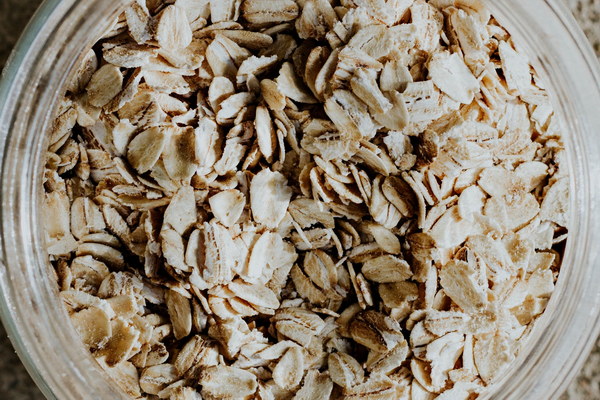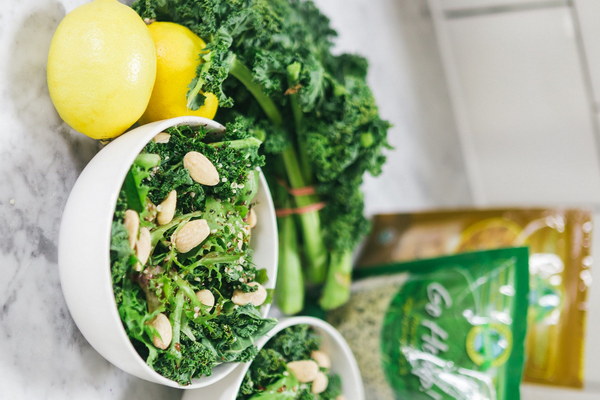Elevated Transaminases Here's How to Nurture Your Liver for Optimal Health
Introduction:
Elevated transaminases, particularly alanine aminotransferase (ALT) and aspartate aminotransferase (AST), are often indicators of liver dysfunction. When these enzymes are found to be higher than normal in your bloodstream, it is crucial to take immediate action to nurture your liver and maintain its health. In this article, we will explore various strategies to help you manage elevated transaminases and promote liver wellness.
1. Maintain a Healthy Diet:
A balanced diet is the cornerstone of liver health. To reduce elevated transaminases, focus on the following dietary recommendations:
a. Limit alcohol consumption: Alcohol is a significant liver toxin. Minimize your alcohol intake or avoid it altogether to reduce the strain on your liver.
b. Increase fiber intake: High-fiber foods, such as fruits, vegetables, and whole grains, help improve digestion and reduce the workload on your liver.
c. Consume antioxidants: Foods rich in antioxidants, such as berries, nuts, and dark chocolate, can help protect your liver from oxidative stress.
d. Eat liver-friendly foods: Incorporate liver-boosting foods into your diet, such as garlic, onions, artichokes, and green leafy vegetables.
2. Stay Hydrated:
Proper hydration is essential for liver function. Drink plenty of water throughout the day to aid in the detoxification process and support overall liver health.
3. Exercise Regularly:
Regular physical activity can help improve liver function and reduce the risk of liver disease. Aim for at least 150 minutes of moderate aerobic exercise or 75 minutes of vigorous aerobic exercise each week.
4. Manage Stress:
Chronic stress can affect your liver health. Practice stress-reducing techniques, such as meditation, yoga, or deep breathing exercises, to maintain a healthy liver.
5. Avoid Harmful Substances:
Exposure to harmful substances, such as tobacco smoke, pesticides, and certain medications, can contribute to liver damage. Avoid these substances as much as possible.
6. Seek Professional Guidance:
If your transaminases remain elevated, it is essential to consult a healthcare professional. They can help determine the underlying cause of the elevated levels and recommend appropriate treatment options.
7. Herbal Remedies and Supplements:

Certain herbal remedies and supplements may help support liver health. However, it is crucial to consult a healthcare provider before starting any new supplement or herbal treatment, as some may interact with medications or worsen liver damage.
8. Regular Check-ups:
Monitor your liver health by scheduling regular check-ups with your healthcare provider. This will help you stay on top of your liver function and catch any potential issues early.
Conclusion:
Elevated transaminases can be a sign of liver dysfunction and warrant immediate attention. By following these strategies to nurture your liver, you can help manage elevated transaminases and maintain a healthy liver. Always consult a healthcare provider for personalized advice and treatment options tailored to your specific needs.









